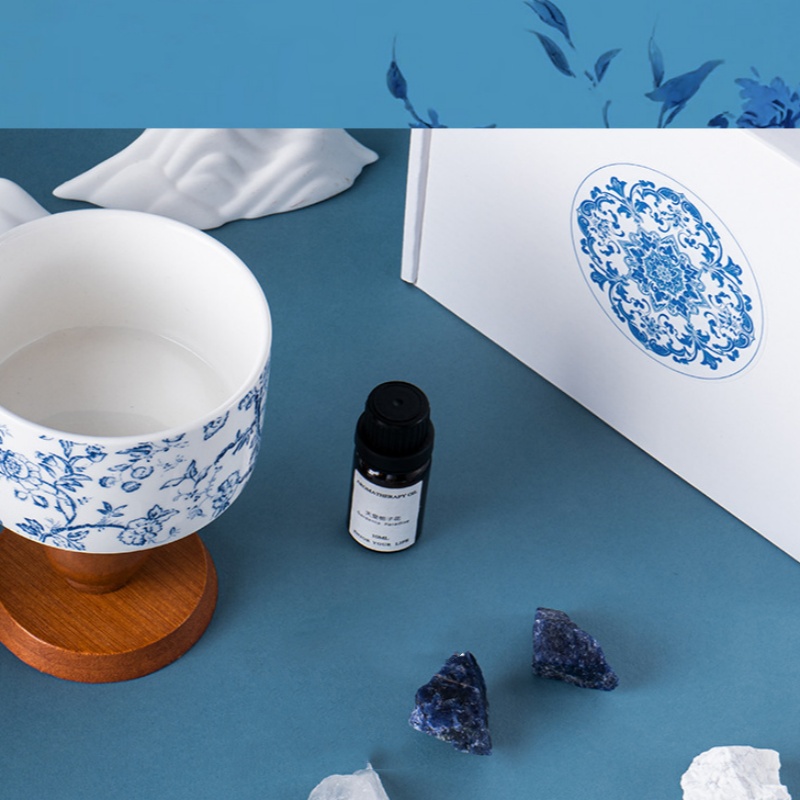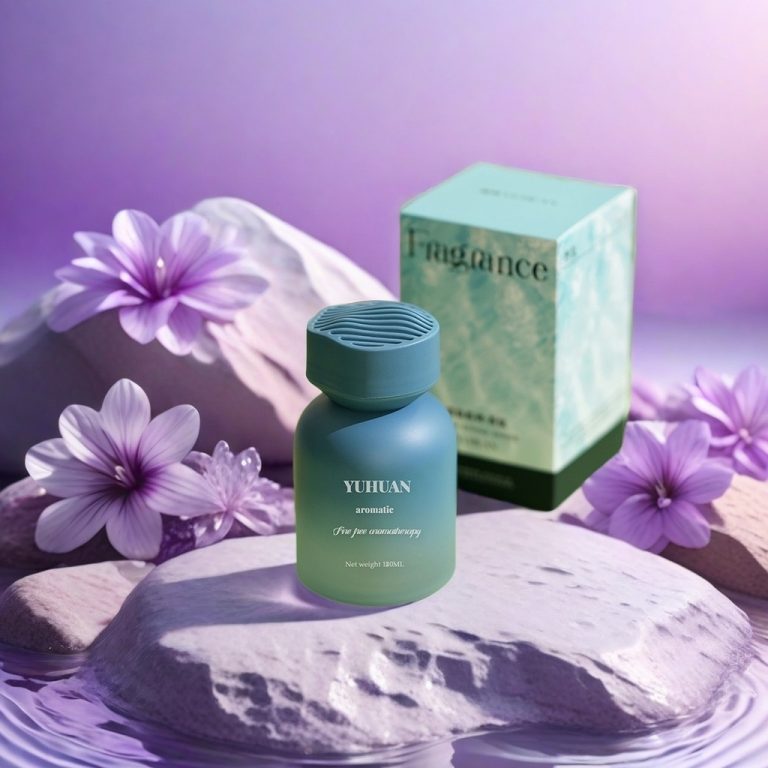Oriental Culture and Creativity Inspired Fragrance Journey | ScentSerenade
The Truth About Swallowing Essential Oils: Safe or Sorry?
(how to know if you can ingest essential oils)
Essential oils smell amazing. They make your home feel fresh and relaxing. People use them in diffusers, on their skin, and even clean with them. But what about swallowing them? Can you actually ingest essential oils? This question pops up a lot. The short answer is usually no. It’s complicated and often risky. This guide explains the real deal. We cover what it means, why people try it, how it might be done safely, where it fits, and common questions. Let’s dive in.
1. What Does “Ingesting Essential Oils” Actually Mean?
Ingesting essential oils means taking them into your body through your mouth. You swallow them. People do this in different ways. Some put a drop or two under their tongue. Others mix a drop into water or tea. Some even buy capsules filled with essential oils. It’s not the same as inhaling them from a diffuser. It’s also different from rubbing them on your skin, like with massage oils. Swallowing means the oil goes into your stomach. Then it gets absorbed into your bloodstream. This is a direct route. It makes the effects much stronger. It also carries bigger risks. Not all oils are safe for this. Many are downright dangerous if swallowed. Knowing the difference is key. Using oils in a diffuser is generally safe for most people. Swallowing them is a whole other ball game. It requires extreme caution and expert advice.
2. Why Would Anyone Consider Swallowing Them?
People hear about potential health benefits. They get tempted to try swallowing oils. Some sources claim internal use helps with digestion. Others say it fights infections or boosts immunity. Peppermint oil is sometimes mentioned for tummy troubles. Oregano oil is talked about for its strong properties. Lemon oil is suggested for cleansing. These claims sound appealing. People want natural solutions. They think essential oils are natural, so they must be safe. This isn’t always true. Natural doesn’t equal safe. Many plants are poisonous. Essential oils are highly concentrated plant extracts. A single drop can equal pounds of plant material. This makes them very strong. The risks of swallowing often outweigh the possible benefits. The science supporting safe internal use is limited. It mostly comes from very controlled studies. Real-world use is different. Accidental overdose is easy. Side effects can be severe. It’s vital to understand these risks before even thinking about it.
3. How Could Someone Do This Safely? (Hint: It’s Rare and Risky)
Honestly, safely ingesting essential oils is rare. It’s not something to try at home without expert help. Forget the DIY approach. If it is considered, it requires strict rules. Only specific oils might be suitable, and only for very short periods. Peppermint oil capsules exist. They are specially made for internal use. They are highly diluted and enteric-coated. This means they dissolve in the intestines, not the stomach. This reduces irritation. Even these should only be taken under a doctor’s guidance. Never swallow essential oils straight from the bottle. Never add random drops to your water. Proper dilution is critical. This usually means mixing the essential oil with a large amount of a carrier oil. Think olive oil or coconut oil. Even then, the dose is tiny – often just one drop per teaspoon or more of carrier oil. Dosage must be exact. Too much is dangerous. Quality matters. Only use oils labeled for internal use. These are therapeutic grade. Most oils sold are not meant to be swallowed. They might contain additives or solvents. Consulting a qualified aromatherapist or healthcare provider is non-negotiable. They can assess your health and advise if it’s appropriate. For almost everyone, safer alternatives exist.
4. Where Might Ingestion Fit? (Very Limited Applications)
Internal use of essential oils is controversial. Most professional aromatherapists avoid recommending it. They prefer inhalation or topical application. These methods are safer and often effective. There are a few specific situations. Some trained practitioners might suggest short-term internal use for particular issues. Peppermint oil capsules are FDA-approved for IBS symptoms. This is a regulated medication, not casual use. Lemon oil is sometimes used in minute amounts in commercial food flavorings. This is highly diluted and processed. In natural medicine, very diluted doses might be used under strict supervision. This is not common practice. It requires extensive knowledge. The average person should stick to external methods. Diffusing oils for relaxation is great. Using them in massage oils is wonderful. Making homemade cleaners is fine. Swallowing them is generally outside the scope of safe home use. Focus on the many other ways to enjoy essential oils safely.
5. FAQs: Your Burning Questions Answered
Can I put essential oils in my water? Please don’t. Oils don’t mix well with water. They float on top. You could get a concentrated dose on your tongue or throat. This can cause irritation or burns. It might upset your stomach badly.
Is it okay to swallow oils if they’re organic? Organic doesn’t make it safe to swallow. Organic poison ivy is still poison. The purity doesn’t change the risks of internal use. Organic oils are great for diffusing or topical use when diluted properly. Swallowing is still risky.
What happens if I accidentally swallow some? It depends on the oil and amount. You might get a stomach ache, feel nauseous, or vomit. It could burn your mouth or throat. Some oils can cause serious liver damage or affect your nervous system. If you swallow any, call poison control immediately. Don’t wait for symptoms.
Are any essential oils safe to ingest? Very few, and only under expert guidance. Peppermint oil in special capsules is one example. Others might be used in tiny, diluted doses by professionals. Never assume an oil is safe to swallow just because it’s popular. Always check with a professional first.
(how to know if you can ingest essential oils)
Why do some companies sell oils for internal use? Some companies market oils for ingestion. This is highly debated. Many experts warn against it. If a company suggests it, research carefully. Look for clear instructions and warnings. Understand the risks fully. Often, these oils are expensive and the benefits are unproven. Safer alternatives are usually better.




